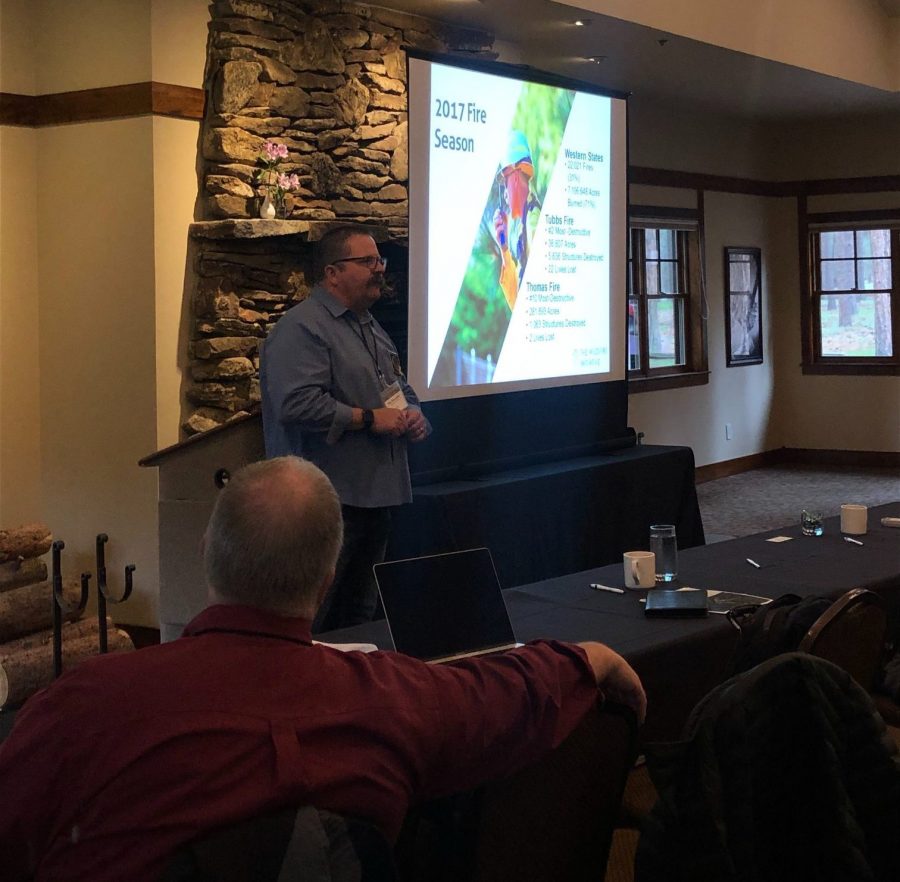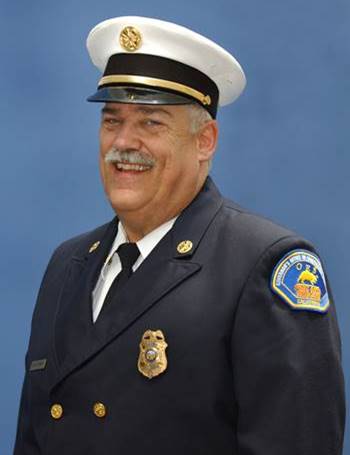
Wildland Fire Policy Committee Action Plan
Since its inception, the Western Fire Chiefs Association (WFCA) has spearheaded many initiatives that have directly and positively impacted the communities and fire services agencies in the western states and in the nation.
Following the devastating 2017 fire season, it became clear that the major wildfires in the west were not one-off anomalies, but were becoming a pattern and creating the new normal. In the Spring of 2018, the WFCA hosted the Wildfire Policy Summit in Sisters, Oregon with the goal of creating actionable initiatives to address and mitigate the increasing wildland fire challenges. As of May 2019, a charter and action plan has developed:
- Pre-Event Initiative – History has taught us that planning and preparedness are the keys to ensuring positive outcomes. This Initiative focuses on fuel management, evacuation planning and drills, hardening of structures against the threat of wildfire, and increasing the number response resources that are available to respond to wildland fires through codified agreements.
- Event – Once a fire has started, the goal is to contain the fire to the smallest area possible and minimize the amount of damage to natural resources and our communities. This initiative focuses on notification and evacuation of all persons who are at risk, resource request and dispatch processes, and real-time situational awareness.
- Post-Event – Once the emergency has been mitigated, the focus must change to recovering from the incident. This initiative includes cost recovery for response resources, after-action plans to learn from the events that transpired during the event, and helping the community to flourish.
- Technology – As we find ourselves in a world where we can open an app on our smartphones and do just about anything, including ordering a pizza, paying for it, watching the path of driver as your meal gets closer to you, and the ability to tip the driver without ever having to leave your home or have cash on hand, we know that there is much more to be done to prepare and equip citizens and emergency response personnel. This initiative is starting in two main areas: Mutual aid – leveraging technology to enhance how resources are dispatched and deployed to emergencies; and Situational awareness – how do we put real-time information and intelligence in the hands of the people who need it without having to rely on blog posts.
- Insurance and Bonds – The fire service, insurance industry, and bond market all have a common interest with regard to wildland fire: Risk management. This initiative is focusing on how the insurance industry can refine its risk assessment down to the parcel level and be able to take into account the hardening and preparedness that the property owner has done to protect their property from the threat of wildland fire. Similarly, a community cannot secure municipal bonds if the risk of non-payment exists – the potential that a fire could destroy a major portion of the community’s tax base could either result in very high interest rates or the complete inability for the community to qualify at all. This initiative is also working to develop methods whereby a community will be able to continue to secure municipal bonds at rates that are reasonable.
The work is just beginning and great strides have already been made.
Chief Mike McLaughlin, Cosumnes Fire
View our Action Plan and reach out at [email protected] to join an Action Branch.

